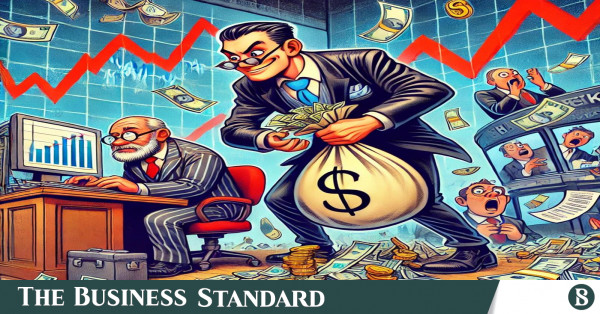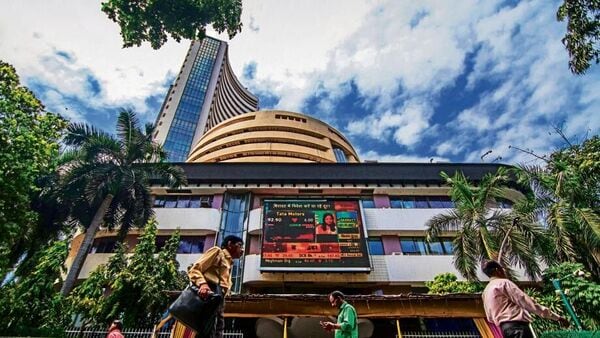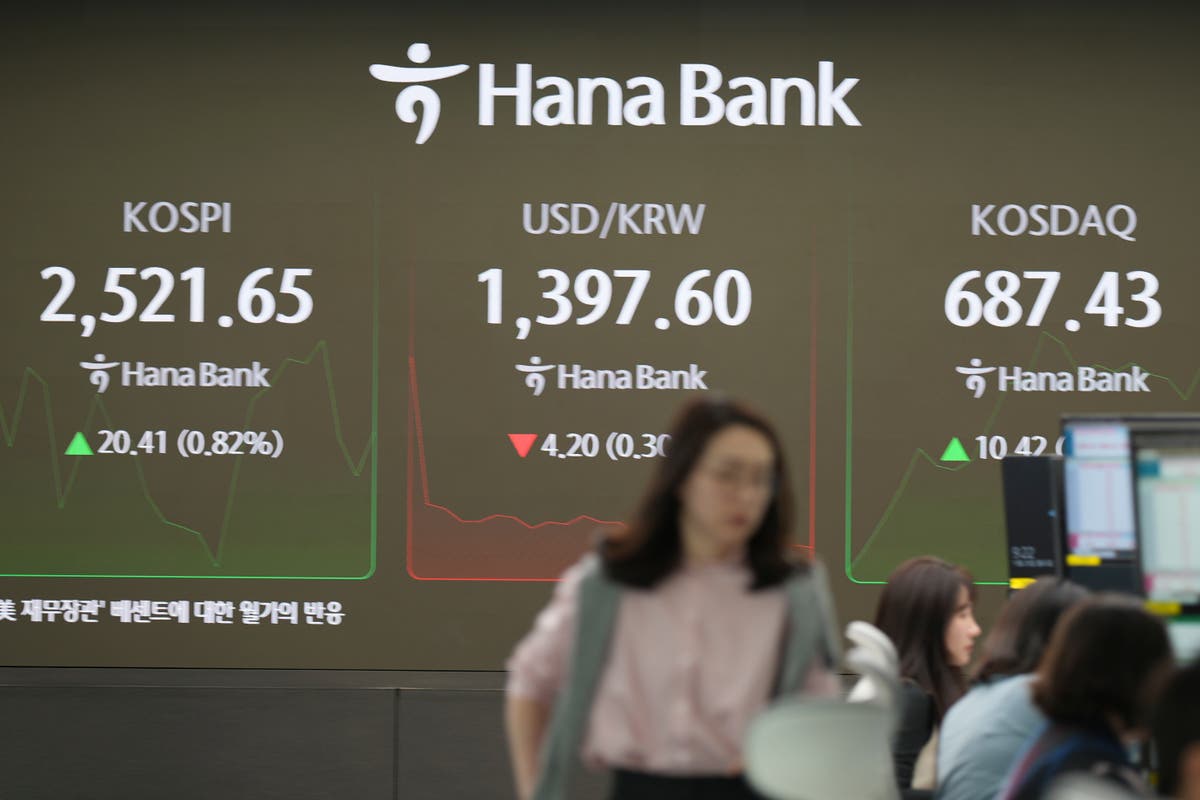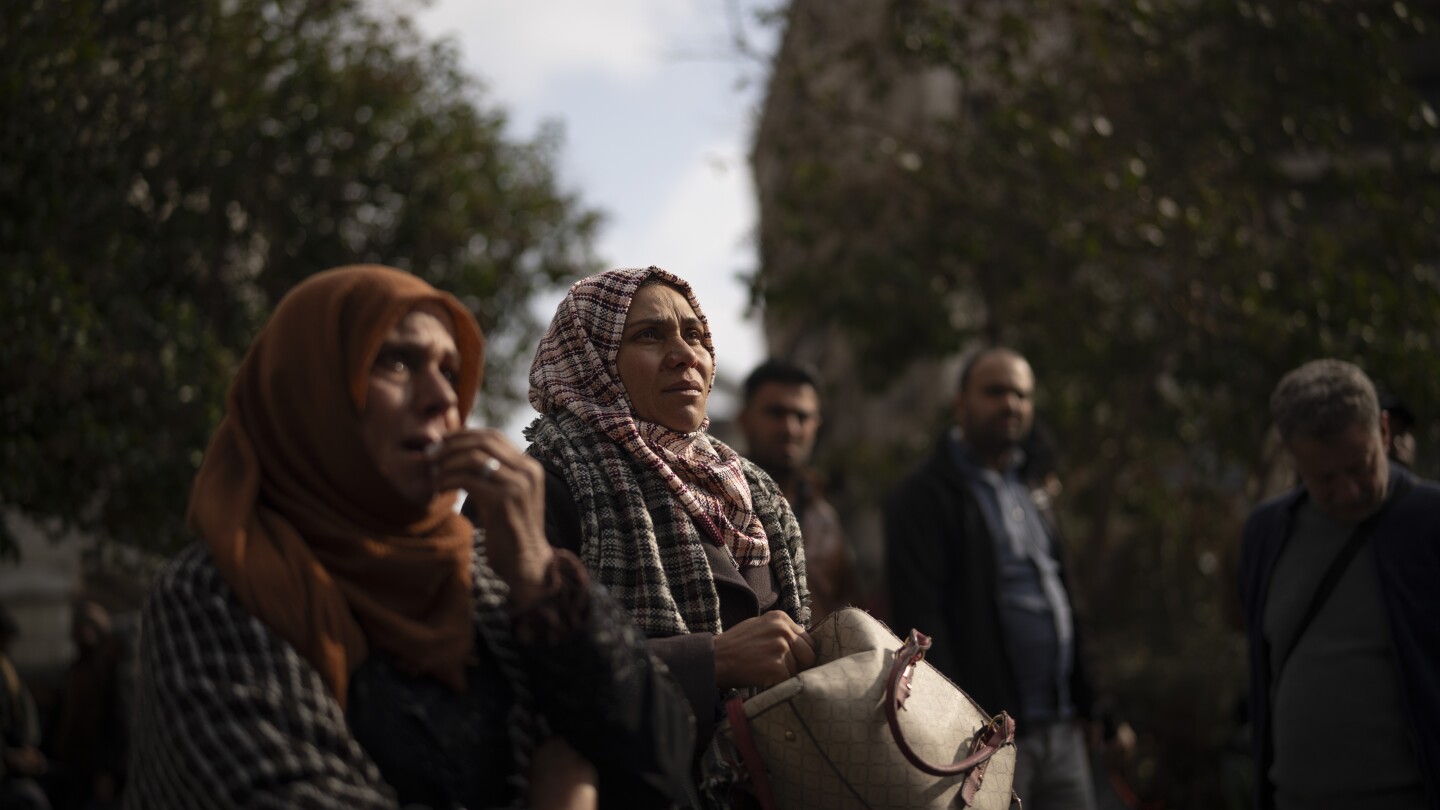Trillions of takas were embezzled from the stock market through fraud, manipulation, placement shares, and deceit in the initial public offering (IPO) process during Sheikh Hasina’s regime, according to a draft of the White Paper on the state of the economy.
The White Paper committee today (1 December) submitted its report to Chief Adviser Professor Muhammad Yunus at his Tejgaon office in Dhaka. Eminent economist Debapriya Bhattacharya, the committee chair, led the delegation.
Excessive government oversight stifled market development, restricting responsible institutions from fulfilling their mandates, states the White Paper.
Coupled with the dominance of vested interests, this fostered an entrenched culture of gambling and fraud, it reads. Laws, rules, and regulations were systematically undermined, allowing weak and substandard companies to enter the market through flawed IPO processes, it states.
The White Paper highlights the emergence of a vast manipulation network involving influential entrepreneurs, issue managers, auditors, and a select class of investors.
It further added that in many cases, officials of the Bangladesh Securities and Exchange Commission (BSEC) themselves played a role as accomplices by exploiting legal loopholes or providing concessions.
The White Paper highlights significant shortcomings in current market systems, which fail to support a well-functioning market. IPO valuations disproportionately favour sponsors, disadvantaging general investors in the secondary market, it states.
Settlement delays heighten risks related to interest rates and price fluctuations, while a lengthy IPO cycle undermines liquidity, it mentions.
Additionally, the lack of central counterparty clearing, interoperable IT infrastructure, and adequate trading platforms hampers brokers and clearing houses, restricting transparency in market-making and trading, the White Paper added.
Market rigging endemic
According to the White Paper, several powerful investors and institutions artificially inflated the share prices through a series of trades violating securities laws.
Some big-ticket mutual funds were taken over by vested interests. Specifically, allegations of embezzlement of unit holders’ funds were made against the top two institutions in the closed-end mutual fund sector.
BSEC looked the other way. The Khairul Hossain-led commission extended the duration of all closed-end mutual funds by an additional ten years. Investor confidence plummeted.
The index rise prompted regulations to increase margin loan ratios, fuelling the stock market surge. The BSEC prioritised maintaining the index, often overlooking rising stock prices, intervening only when prices fell. The controversial floor price system further damaged the market’s international reputation.
Due to the mismanagement of disbursing margin loans stock market intermediaries suffered bankruptcy with negative equity of Tk13,000 crore. Of this, the merchant bankers accounted for Tk7,000 crore and the brokerage houses accounted for Tk6,000 crore.
Stock market manipulation
The White Paper states that the 2010-11 stock market crash revealed how powerful business groups, with ties to political elites, manipulated stock prices, leading to massive losses for retail investors.
Despite public outcry and investigations, many of the key players involved avoided prosecution, suggesting political protection.
The BSEC looks into manipulations but gives light punishment to wrongdoers. As a result, those with ulterior motives are encouraged to game the system. Most of the listed firms are family-run businesses. Investors do not trust the companies’ financials.
On again, off again floor prices killed trading
The White Paper mentions that to stop the freefall of market indices, the BSEC set the floor price of every stock in March 2020.
The BSEC lifted the floor price for 169 companies in December 2022. But in March 2023, it brought the floor back.
It was on and off in subsequent years providing the market with yet another feed for speculation.
The restriction severely hurt the liquidity of the market as trading could not be done below the floor.
The market suffocated holding worthless stocks for months as investors could not exit.
The basic principle of market liquidity—buying and selling at agreed prices—was undermined. Leveraged investors had to incur interest costs on margin loans because they could not trade their holdings.
Meanwhile, price manipulation involving junk stocks and weak companies remained alive and well. Foreign portfolio investors shied away as asset managers are mandated not to invest in countries where price floors or other restrictions on trading are imposed.
Stunted investor confidence
According to the White Paper, the Centre for Policy Dialogue (CPD) in a study involving 71 businessmen in 2023 found that 50% of businessmen believed the prevalence of suspicious trading in the secondary market, 53% thought BSEC’s regulatory enforcement was weak, 50% found financial reporting anomalous, and 56% believed poor companies entered the capital market through IPOs. The same issues topped the list in 2022.
Unchecked impunity of manipulators
The White Paper mentions that after the Awami League government assumed power in 2009, the stock market surged within a year and a half before crashing suddenly in January 2011.
The main index of the Dhaka bourse fell by about half from its December 2010 all-time high. The loss as of October 2012 was equivalent to 22% of GDP.
It wiped out $27 billion in market capitalisation triggering a wave of social discontent. Some investors even committed suicide. The ensuing liquidity crunch heightened solvency risks.
Back in 1996, as in 2010, the index’s rise and decline resulted from collusive behaviour between institutional investors, high-net-worth investors and brokerage firms, which together, drove the majority of the volume of shares traded. Retail investors suffered.
The then government formed an investigation committee. The government had earlier ignored the findings of the 1996 stock market crash investigation report. This time it chose to play a little differently by initiating reforms to restructure the BSEC.
Subsequent BSEC leadership flouted these reforms bringing markets close to the brink of disasters.
Private investment hindered
The White Paper highlights persistent anomalies in the capital market, limiting its ability to raise equity and forcing the private sector to rely heavily on bank loans.
Foreign participation remains minimal due to corruption concerns and lack of transparency, especially regarding company information.
The market is dominated by domestic investors, with 677 listed securities, including 360 companies, 37 mutual funds, 20 SMEs, and 236 government securities.
However, the absence of a transparent valuation process makes it hard to assess profitability, undermining investor confidence and market growth.
The BSEC, under pressure from vested interests, has failed to uphold accountability, with its decisions on IPOs and secondary market management falling short of regulatory standards, further eroding investor trust.

















